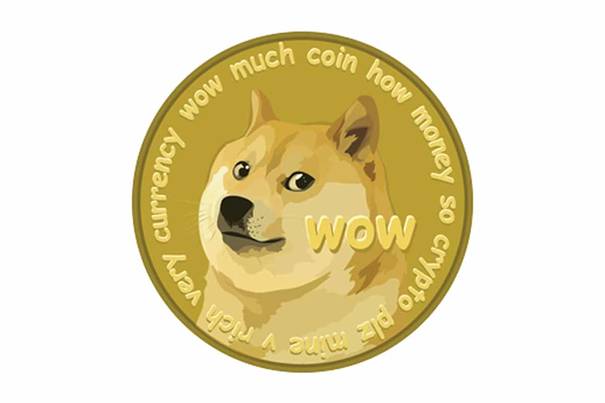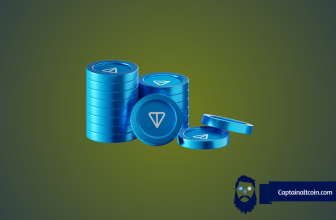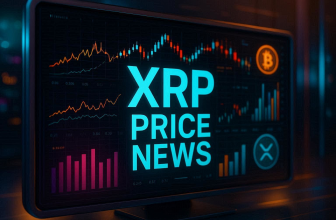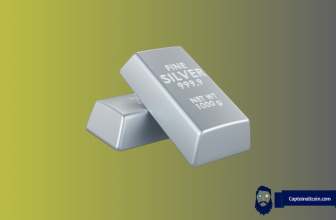
Dogecoin was created out of a joke by Jackson Palmer, a product manager at Adobe. Mocking the abundance of altcoins blowing up in the wake of Bitcoin’s popularity, Palmer cheekily tweeted back in November 2013 that he was investing in a fictitious new currency called Dogecoin.
“Pretty sure it’s the next big thing,” he joked.
The site and project is laced with homages to its mascot, a Japanese shiba inu dog and word of the currency spread quickly through the Internet thanks to an innovative guerrilla marketing campaign using the characteristics of the Doge meme.
Palmer stopped his involvement in the project long time ago and plans no return. Contrary to the popular belief, he didn’t get rich from Dogecoin.
He tweeted last week:
For the millionth time:
– I never got rich from crypto
– I own zero Dogecoin
– These facts don’t mean I can’t find the technology interesting
After being reminded that “rich” is a relative term, he even gave concrete numbers:
I only ever had around 5 million DOGE, and tipped or donated basically all of it away in 2014.
Palmer apparently really did this only to poke fun at the scammers and snake oil sellers who held ICOs and collected funds from naive buyers using the crypto frenzy of last year. He also runs a YouTube channel where he mostly focuses on the easy-to-process technical explanations of various projects.
He also created arewedecentralizedyet.com, a useful resource that provides data around crypto projects’ level of decentralization.
As cryptoinsider explains it, in order to ask this puzzling question, he decided upon five criteria which include the number of entities controlling more than 50% of the hash power, the percentage of coin supply being held in top 100 wallets, the number of clients which run the coin’s protocol, the number of live public nodes, and whether or not miners or node runners are incentivized.
Accordingly, the otherwise rational and sound inquiry “Are we decentralized yet?” gets answered from a technical, political, and monetary point of view. It’s everything we need to know about the most important cryptocurrency projects in order to get an objective insight into the state of development. A more centralized coin is definitely undesirable, as it’s more likely to fail in the aftermath of malicious attacks or government interventions. The more decentralized ones should attract more investors, developers, and community members, as they tick all the monetary, engineering, and ideological boxes to become interesting and worthwhile.
Dogecoin is currently on 21st position based on its market cap with $237 million “invested” in it. One Doge costs $0.02 per coin and is down 89% from its all time high and 43% down on the year. However, it did outpace bitcoin by a staggering 190% in the last year so there is that.






